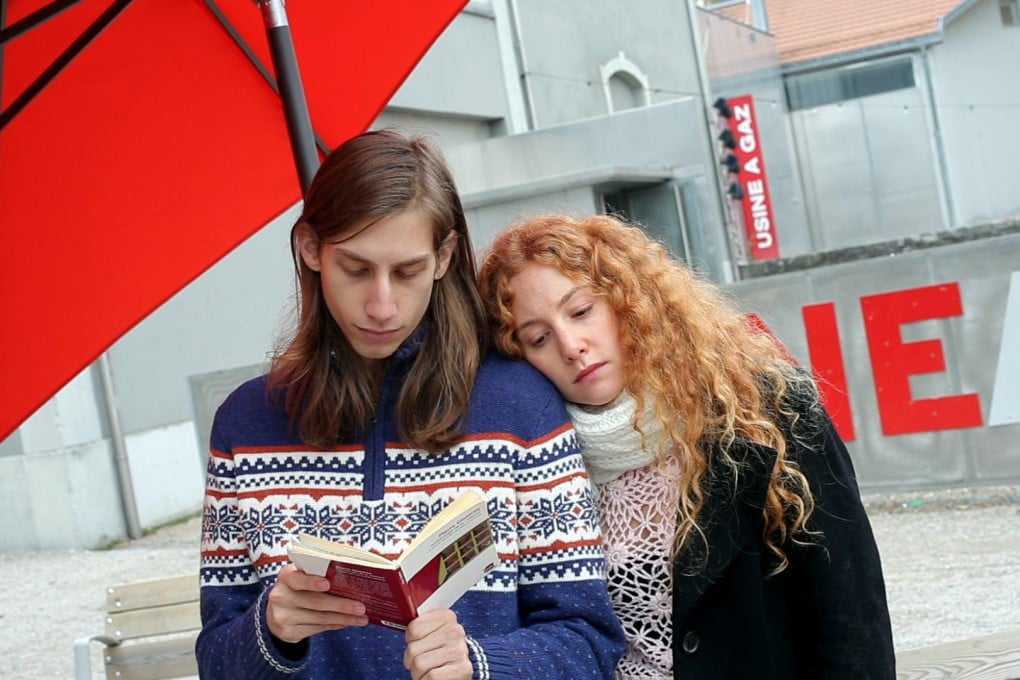Film review: Goodbye to Language - Jean-Luc Godard rewrites the rules

From the directorwho once declared, "all you need to make a movie is a girl and a gun", Goodbye to Language — while featuring both of those elements — still seems too complicated.
By interweaving a torrent of out-of-context literary and philosophical quotations witha story told in the most confusing manner imaginable, this 3D feature by Jean-Luc Godard is impossible to follow in a conventional sense.
Given its wilful ambiguity, it may be just as futile to note that the film marks Godard's return to the theme of the marital breakdown — most famously tackled in Contempt (1963), his landmark commercial film from a time when intelligible storytelling still mattered.
Here, lines are often uttered by characters who are either off-screen or have their faces cut off by oblique camera angles designed to disorient.
Only an illusive sense of order can be found in the 84-year-old French New Wave icon's decision to structure this collage of snippets under two themes ("Nature" and "Metaphor") and show the dramatic situations twice, with two different sets of actors (Héloïse Godet and Kamel Abdelli, Zoé Bruneau and Richard Chevallier).
And then there are the dense, throwaway citations throughout. In an incomplete bibliography compiled by the film translator Ted Fendt, nearly 60 references have been identified from the texts, images and music in Goodbye to Language, whose only tranquil, wordless moments come when Roxy — the pet mutt of Godard and his partner Anne-Marie Miéville — wanders in the wilderness.